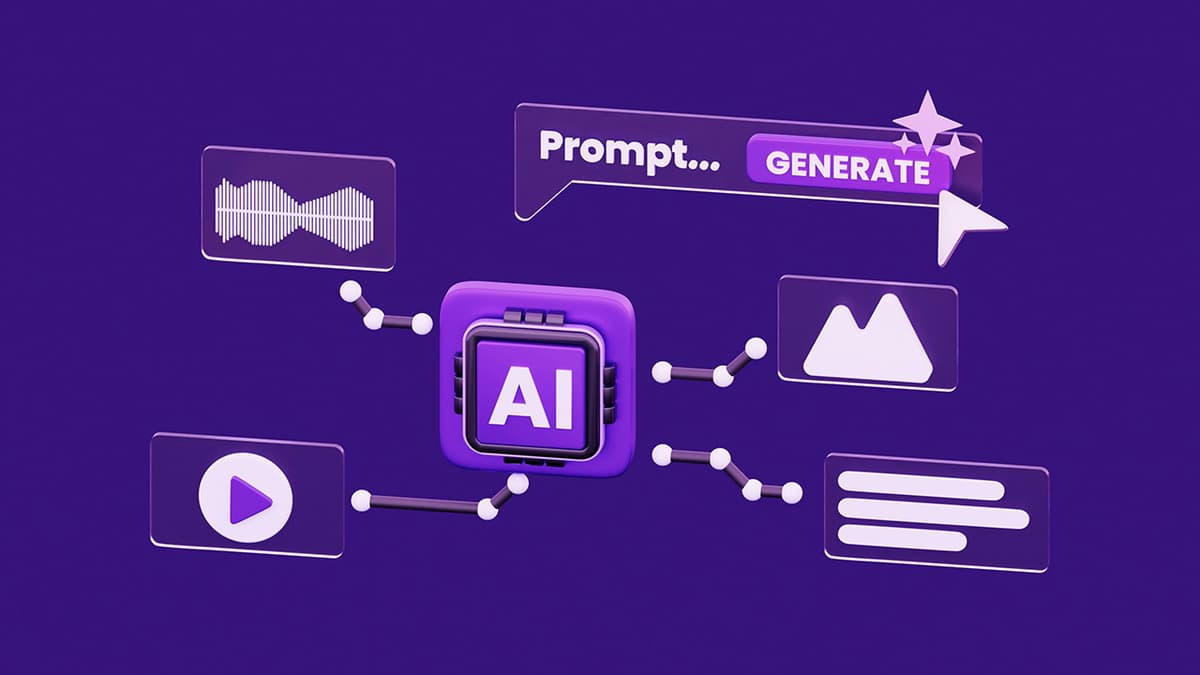Navigating the Maze of Situational Interview Questions
When preparing for a job interview, it's common to discuss work experience, skills, and personal strengths. What happens when you're faced with a question about a hypothetical workplace scenario? Welcome to the realm of situational interview questions, where your problem-solving abilities are tested.
Situational interview questions help employers assess your potential fit within their teams. They create scenarios to see how you would handle work-related challenges.
These questions often begin with "What would you do if..." and focus on your decision-making and adaptability. They allow employers to observe your soft skills, like leadership and teamwork, in action.
Why Employers Value Situational Questions
Employers appreciate situational questions for several reasons. They can gauge if you have the necessary skills beyond what's on your resume. Your responses reveal your thought process and your problem-solving capabilities.
Additionally, these questions can highlight your work style. Do you prefer to work independently, or do you collaborate with others? Your answers can also indicate your values and ethical stance.
Crafting Your Answers
For effective responses, be specific and concise. Highlight positive outcomes. Many job seekers find the STAR method useful – it stands for Situation, Task, Action, and Result.
- Situation: Set the scene with relevant background information.
- Task: Describe your responsibility in that scenario.
- Action: Explain the steps you took to address the task.
- Result: Conclude with the outcome of your actions.
Real-World Applications
Consider this question: "What would you do if you were leading a project and the deadline was moved up significantly?"
This question aims to assess how you handle time constraints and unexpected changes. Your answer should outline how you organized your team, re-prioritized tasks, and negotiated resources if needed. Highlighting a successful project completion and what you learned will strengthen your response.
Practice Makes Perfect
Practice is key. Research common situational questions in your field and prepare your answers. Roleplay with a friend or mentor to build confidence. Tailor your answers to reflect the company's values.
Situational interview questions are an effective way for employers to explore a candidate's qualities. Approaching these questions with confidence can set you apart as a proactive problem solver. It's about showcasing your creativity and adaptability.












